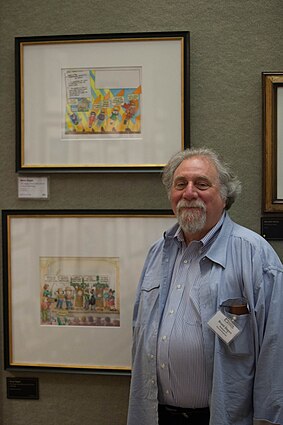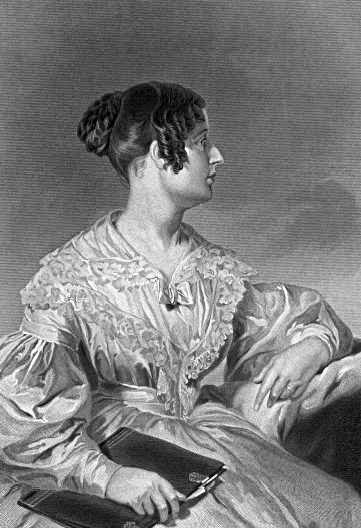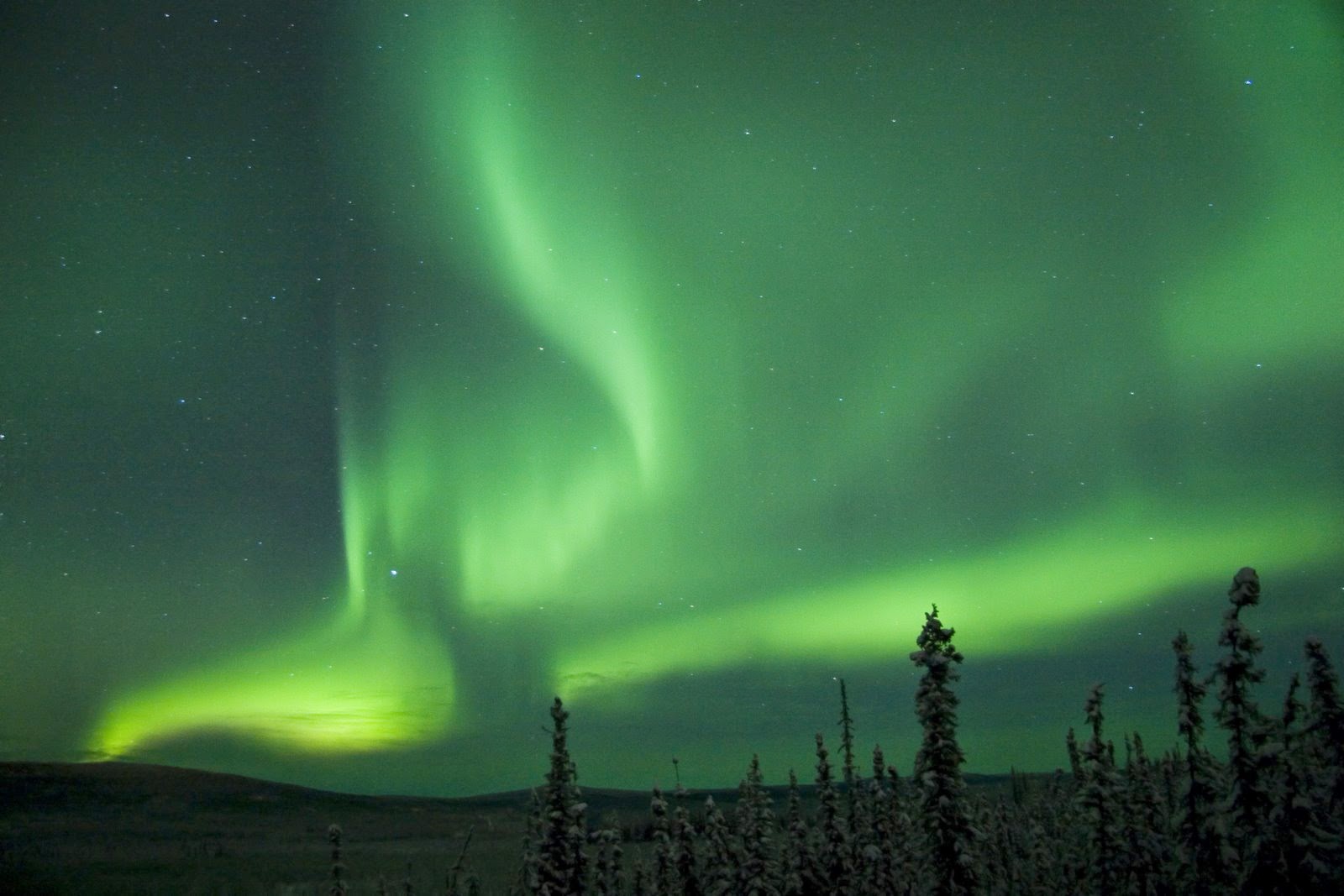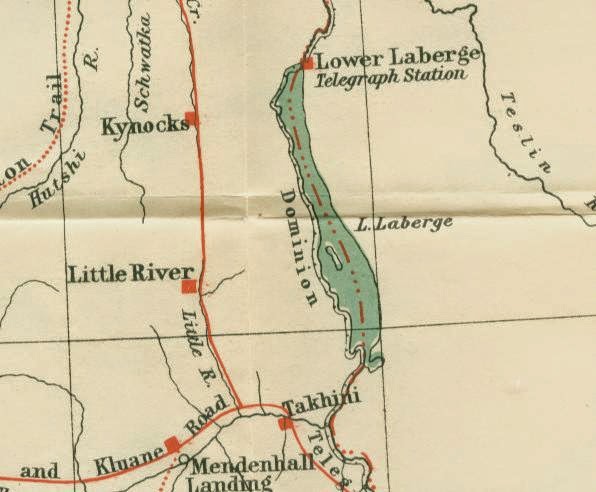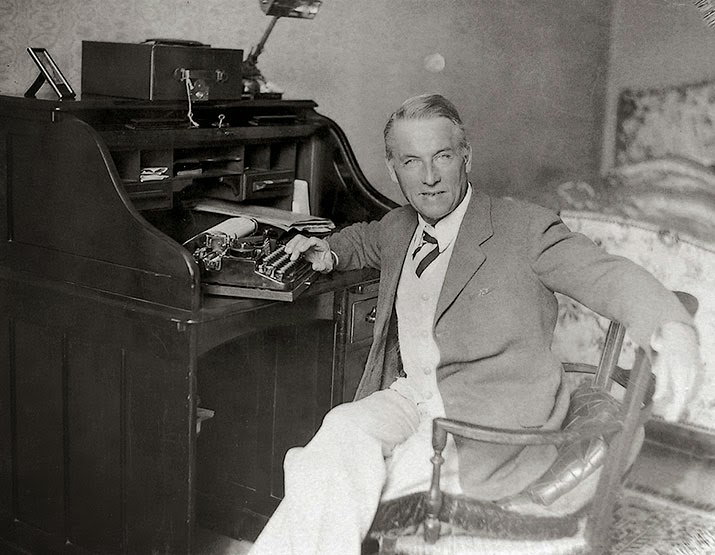 |
| Amazon link |
"Hatberry, Shoeberry in my Canoeberry;"
"Under the bridge and over the dam,"
"Looking for Berries - Berries for Jam !"
"Three berry, four berry, Hayberry, Strawberry -"
"Finger and Pawberry, My Berry, Your Berry;"
'Strawberry Ponies and Strawberry Lambs,"
'Dancing in meadows of Strawberry Jam !"
"Quickberry ! Quackberry ! Pick me a Blackberry !"
"Trainberry, Trackberry, Clickety-Clackberry;"
"Rumble and Ramble in Blackberry Bramble,"
"Billions of Berries for Blackberry Jamble !"
"Raspberry, Jazzberry, Razza-matazz-berry !"
"Berryband, Merryband, Jamming in Berryland..."
"Raspberry Rabbits and Brassberry Band,"
"Elephants skating on Raspberry Jam !"
"Moonberry, Starberry, Cloudberry Sky - "
"Boomberry, Zoomberry, Rockets shoot by !'
"Mountains and Fountains rain down on me,"
"Buried in Berries, what a Jam Jamboree !"
Bruce Degan, 1983
Bruce Degen
Bruce Degen
| |
|---|---|

Degen at the Mazza Museum 2012 conference
| |
| Born | June 14, 1945 |
| Nationality | American |
| Education | • Art Major, LaGuardia High School • Bachelor of Fine Arts, Cooper Union • Masters of Fine Arts, Pratt Institute |
| Known for | Illustrator |
Notable work
| Jamberry, The Magic School Bus series, Jesse Bear series, Commander Toad series, Daddy is a Doodlebug, Shirley's Wonderful Baby. |
| Spouse(s) | Christine |
| Children | 2 |
Bruce Degen (born June 14, 1945) is an American illustrator and writer with over forty children's books to his credit.[1]
He may be known best for illustrating the series The Magic School Bus written by Joanna Cole. He has collaborated with writers Nancy White Carlstrom, on the Jesse Bear books, and Jane Yolen, on the Commander Toad series. Degen has authored Jamberry, Daddy Is a Doodlebug, and Shirley's Wonderful Baby.
He was encouraged by an elementary school teacher to become an illustrator, and pursue his primary love for art found in children’s books. Humor is one of his key values, as expressed by a quote comparing children's illustration to traditional fine arts: "You don't see many people walking around a gallery are chuckling. And I realized that I wanted a chuckle."[2]
His career has included such diverse activities as advertising design, teaching art to students, teaching children's book illustration to adults, painting scenery for opera productions, and running a lithography studio in Israel. Degen lives in Connecticut.
Childhood
He was born in 1945 and raised in Brooklyn. His youth was marked by the contrast between urban New York City with the summertimes he spent in rural upstate New York, where he would pick wild berries. He credits these experiences as the inspiration for his book, Jamberry.
"It was green. It was soft. You could walk around in bare feet, and we used to go out and pick lots of berries that grew wild. I always thought of the world as being particularly generous and joyful. And when I was searching my memories, trying to write a book for very young children about being joyful, that popped right up."[2]
Education
Degen attended elementary school in Brooklyn, New York, and went on to attend art schools in Manhattan, including LaGuardia High School and Cooper Union for his Bachelor of Fine Arts degree.[3] He then attended Pratt Institute in Brooklyn where he obtained a Masters of Fine Arts degree with a major in printmaking and a minor in painting.[1][2][4]
Beach Channel High School
Before creating the Magic School Bus series, he taught art and other subjects at Beach Channel High School in the Rockaway Beach, Queens section of New York City, and at John Dewey High School in Brooklyn.[citation needed]
Family
Degen lives in Connecticut with his wife, Christine Degen,[5] and their two sons, Benjamin and Alexander[6] Benjamin Degen is a painter. Alex Degen writes and illustrates comic books.
Patronage
They sit as appointed members of the Newtown, Connecticut, Hattertown Historic District Commission.[9][10]
Selected bibliography
- Jamberry (1983)
- The Magic School Bus series (1986–2006)
- Daddy Is a Doodlebug (2002) ISBN 0-06-443578-4
- Commander Toad series (1980–1987)
- Shirley's Wonderful Baby (2002)
References
- ^ a b "Bruce Degen, Biography". WeRead.com. Archived from the original on 2013-02-09. Retrieved 2008-10-29.
- ^ a b c "Reading Rockets: Transcript from an interview with Bruce Degen". ReadingRockets.org. Retrieved 2008-10-29.
- ^ "Teachers: Bruce Degen, Biography". Scholastic, Inc. Archived from the original on 2008-03-14. Retrieved 2008-10-29.
- ^ "Bruce Degen, Illustrator of "The Magic School Bus" and More". TheCartoonists.ca. 2006-11-17. Retrieved 2008-10-29.[dead link]
- ^ "Author: Bruce Degen, Biography". Harper Collins. Archived from the original on 2009-01-08. Retrieved 2008-10-29.
- ^ "Bruce Degen". Simon & Schuster. Retrieved 2016-03-20.
- ^ "Brooklyn Botanic Garden 2006 Annual Report". Brooklyn Botanic Garden. Archived from the original on 2008-05-31. Retrieved 2008-10-29.,
- ^ "Brooklyn Botanic Garden 2007 Annual Report". Brooklyn Botanic Garden. Archived from the original on October 30, 2008. Retrieved 2008-10-29.
- ^ "Town Government". The Newtown Bee. Archived from the original on 2008-06-24. Retrieved 2008-10-29.
- ^ "Hattertown Historic District Commission". Archived from the original on 2007-02-09. Retrieved 2008-10-29.
External links
- Jamberry
- Commander Toad in Space
- Daddy Is a Doodlebug
- Shirley's Wonderful Baby
- Bruce Degen on IMDb
- Bruce Degen at the Internet Speculative Fiction Database
- Bruce Degen at Library of Congress Authorities, with 107 catalog records


























